
African Penguin Awareness Day 2020
We celebrated African Penguin Awareness Day on Saturday, 10 October 2020 - here are some quick facts to help you brush up on your African Penguin knowledge.
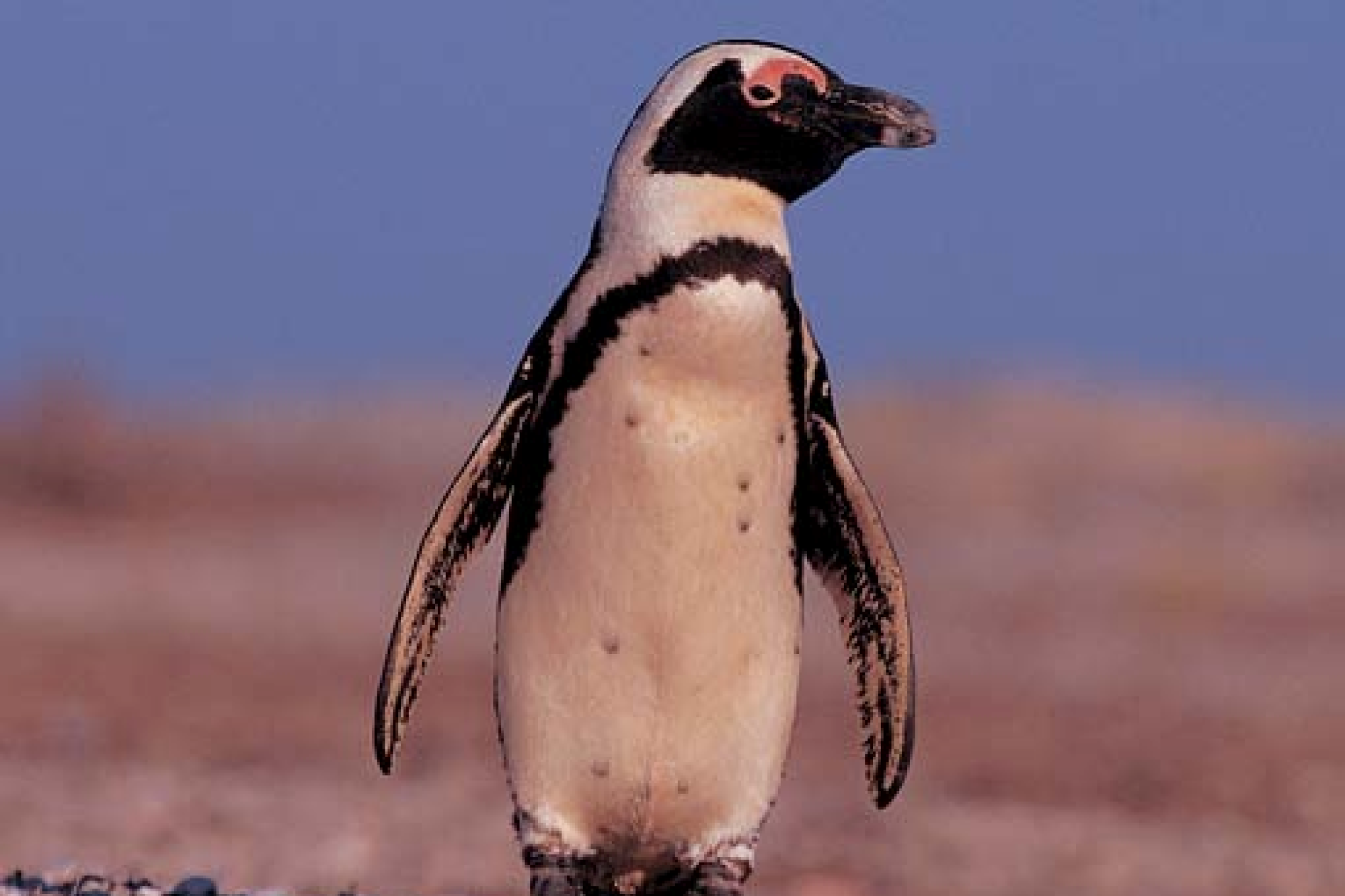
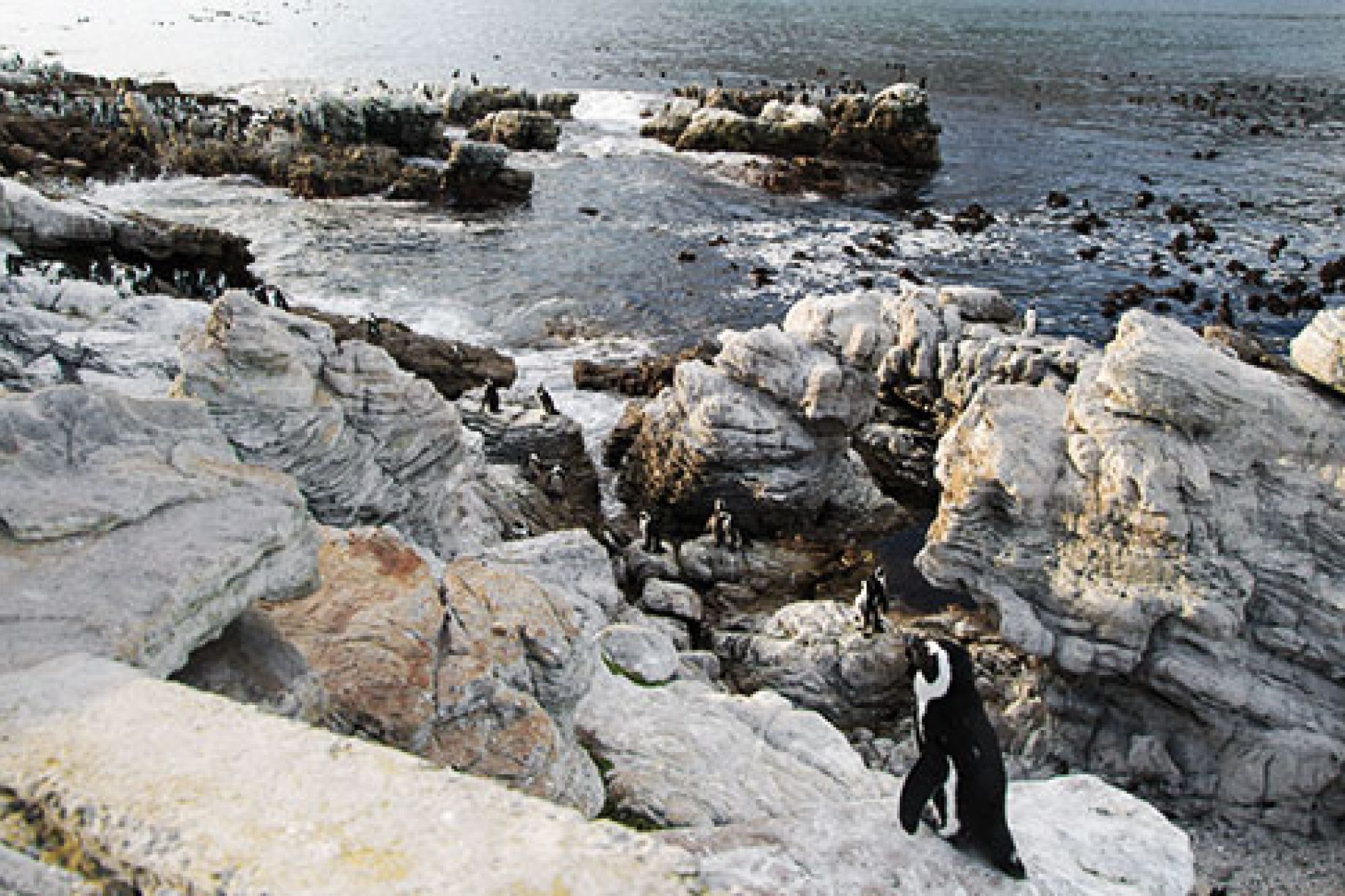
When Bartholomew Diaz and his crew first landed in southern Africa they became the first Europeans to see African Penguins. The Portuguese settlers were devout Catholics, and thus not allowed to eat meat on Fridays.
They were, however, allowed to eat fish, and made the decision to classify the flightless penguin as a fish, due to its love of swimming. This meant they had a ‘loophole’ allowing them to catch and consume penguin meat on a Friday without transgressing their religious beliefs.
2) They’re really fast swimmers
When a penguin dives underwater to find food, their flippers can propel them at speeds of up to 8km/h. To put that in context, the fastest human swimmer ever managed a speed of 8.46km/h, but that was only over 50m. Penguins also do something called porpoising. This involves swimming really fast then leaping out of the water while taking a breath. When doing this, they can swim up to 19km/h.
Add to this the fact that they can hold their breaths for up to two-and-a-half minutes and you can see why penguins are considered to be so powerful in the water (and why the Portugese settlers had no problem classifying them as fish!)
3) They’re no longer ‘Jackasses’
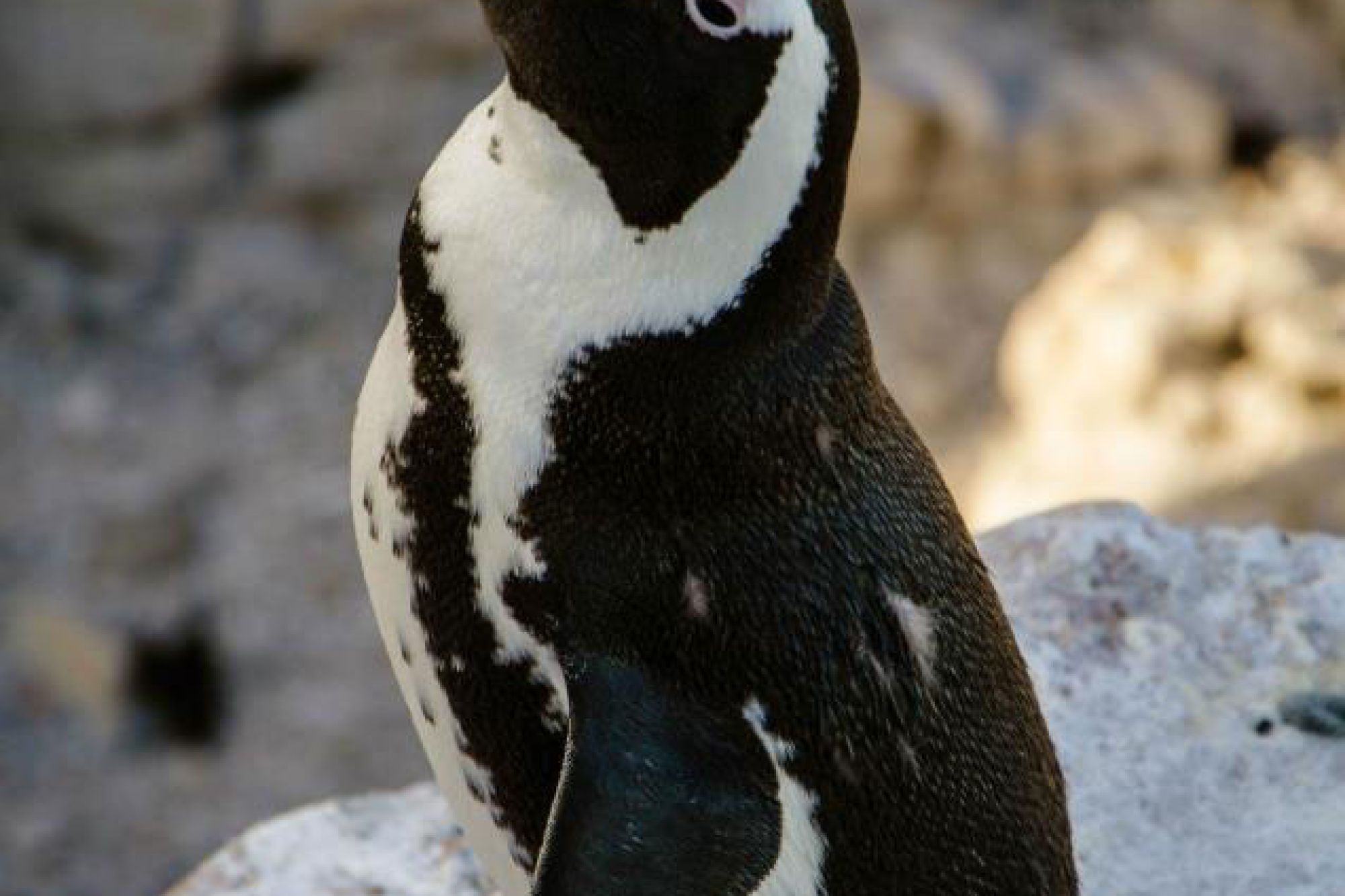
African Penguins used to be known as ‘Jackass’ Penguins due to their distinctive donkey-like bray. However, three other species of penguin have similar calls, and to avoid confusion this species, which is only found on the continent, is now officially known as the African Penguin. It’s also a little more accurate a description of a wonderful creature that is far more than it’s quirky vocal tones.
4) They can double, and then halve, their weight in a matter of weeks
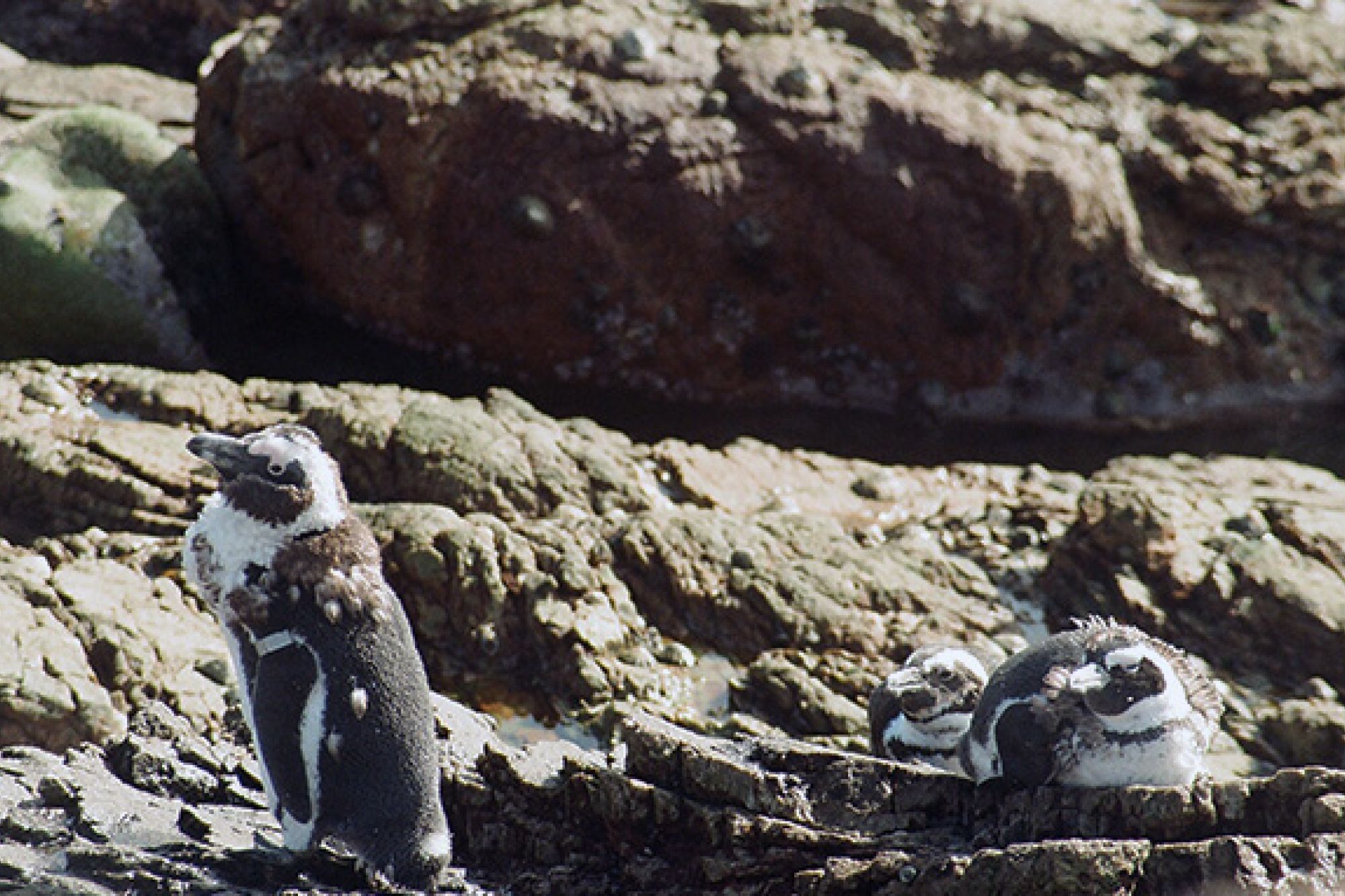
As part of the annual moulting process African penguins experience drastic weight fluctuations. As preparation for moulting season, when they are unable to enter the water, penguins can double their weight, gorging on fish and storing up fat for the long period where they do not eat.
They live off this fat for approximately three weeks, as they lose their old faded feathers and gain the smart new plumage. This causes their weight to drop as dramatically as it increased, and during this period the penguins are also visibly grumpy, as you would be if you were forced to starve for three weeks!
5) Their numbers have decreased drastically
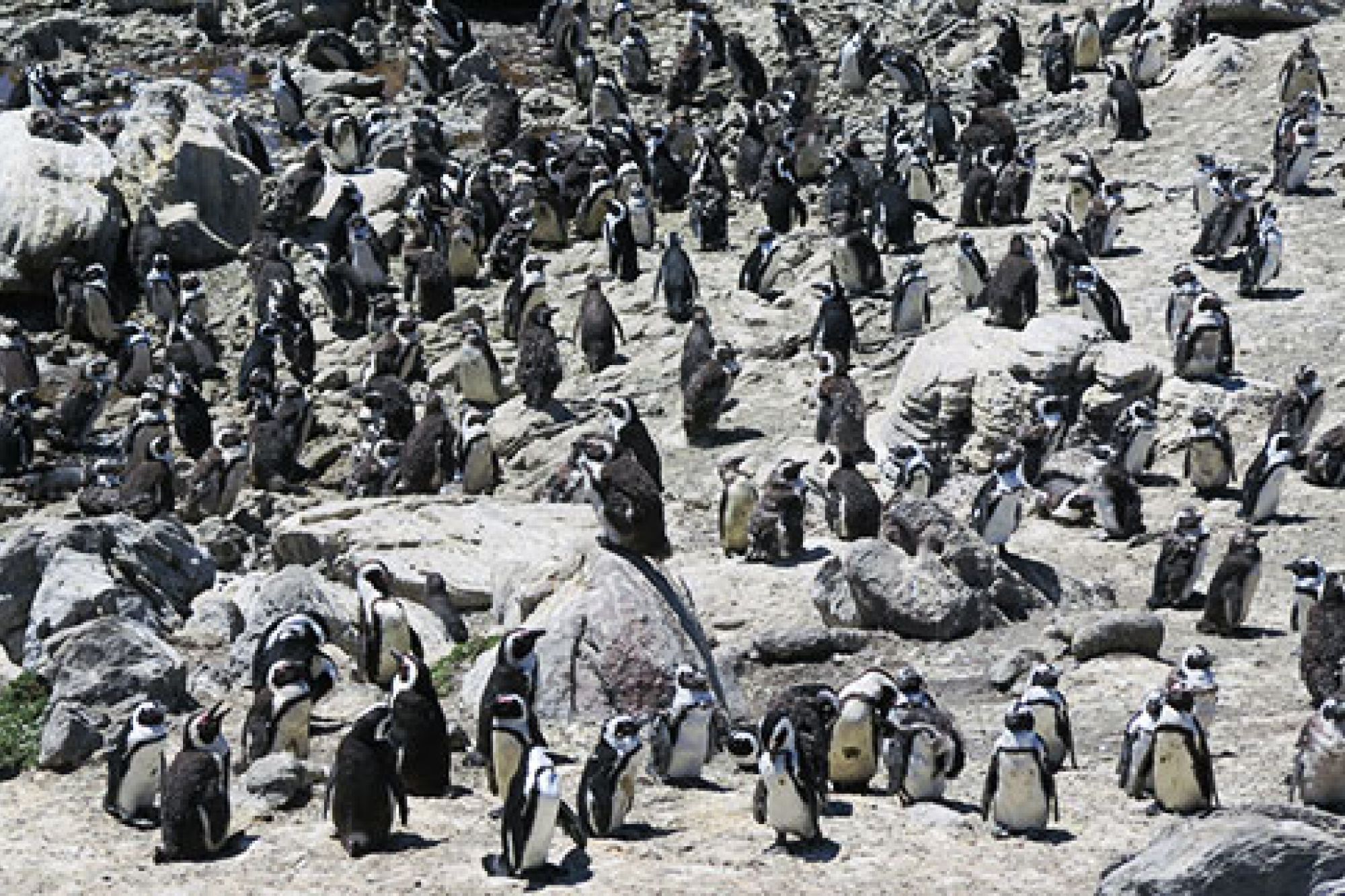
Sadly, the African Penguin has been a species in decline since the industrial age began. Overfishing, habitat destruction, coastal development and a number of other human influences mean that a population which used to boast over 1 million pairs is now hovering at around 20 000 pairs. The good news, though, is that a number of populations are now thriving, thanks to conservation efforts, including the coastal colony at Stony Point in Betty’s Bay.
Run by CapeNature, Stony Point has a thriving population of African penguins, and a boardwalk that winds through the colony, allowing visitors the opportunity to watch the penguins go about their daily lives from a safe distance.
Stony Point is open seven days a week. Entry is R25 for adults and R15 for children.




